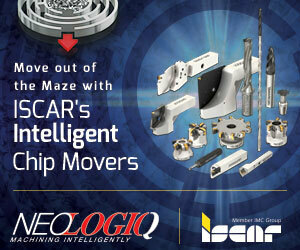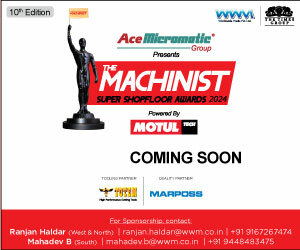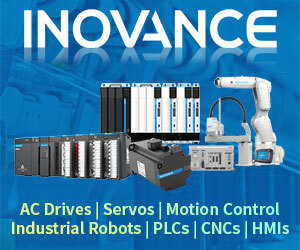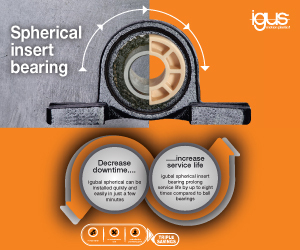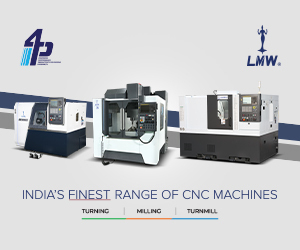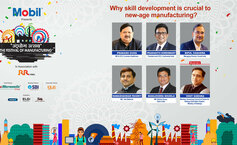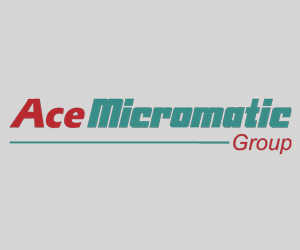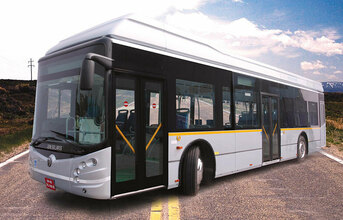
The level of awareness on electric vehicles has increased in the Indian market. On this background, how do you see acceptance of the same in the Indian market?
Electric vehicles are gaining rapid acceptance and are on the verge of experiencing tremendous growth in both developed and developing markets globally. The induction of EVs in the Indian ecosystem will not only bring significant changes for the society, but also in reducing the environmental footprint of transportation. According to industry body Society of Manufacturers of Electric Vehicles (SMEV), sales of electric vehicles (EVs) in India grew by 37.5 per cent in 2016 to 22,000 units. The benefits of EVs are expected to provide a net positive economic impact of approximately Rs. 200 billion to the power and utility sector in the country by 2022 as per an Ernst & Young Global 2016 report.
India is working towards steadily ramping up the infrastructure to support faster adoption of EVs, aptly supported by the government. The Government is aggressively looking at incorporating 100 percent eco-friendly and self-sustainable mass transport solutions by 2030. In November 2017, Nagpur became the first Indian city to have an EV charging station set up by Indian Oil Corporation. With the advent of such technologies, India is quickly shaping its mobility transformation. As public transportation becomes the key focus today, electric vehicles seem to be the most promising technology paving the way forward. It is creating a paradigm shift for the overall automobile industry.
Electric vehicles' penetration depends on the infrastructure such as charging facilities. How do you plan to develop required infrastructure?
JBM Solaris Electric Vehicles focusses to be a one-stop solut ion provider in the Electric Vehicles segment by providingcomplete ecosystem solution for E-mobility i.e. Electric Bus, Battery Technology, Charging Infrastructure and Operating Pattern. This will signify the next phase of public mobility in India. In fact, our electric bus ECO-LIFE provides a completely flexible solution offering the ability to adjust the charging system of the bus to an operator's or city's infrastructure. ECO-LIFE e-bus features both regular plug-in charging system and an over-head pantograph for opportunity charging. The charging time required is 15 minutes to 1 hour, depending upon the operating pattern.
(Continued on next page)












